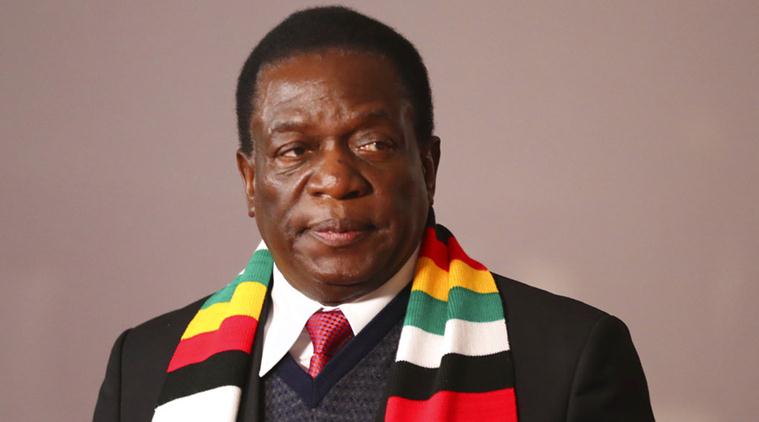Services offered by local authorities to the public are not for free hence the culture of defaulting payments must stop, President Emmerson Mnangagwa has said. He made these remarks while officially opening the Urban Councils Association of Zimbabwe (UCAZ) 78th annual conference held in Bulawayo, Friday. The conference is running under the theme “Urban Local […]

